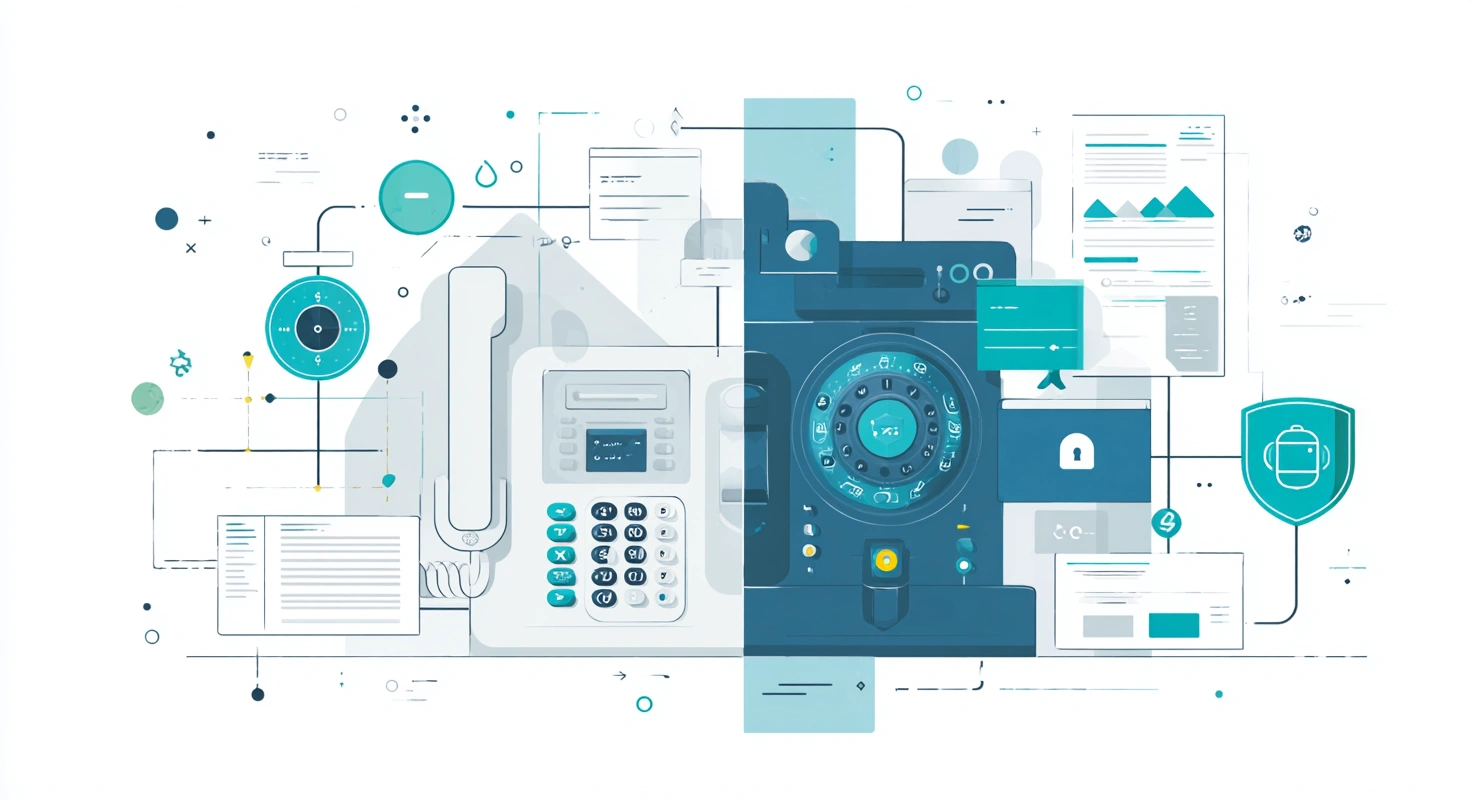Success in the customer service industry depends on professionals equipped with the right customer service qualifications and a mastery of the top customer service skills. These skills include effective communication, empathy, problem-solving, and adaptability, all of which are crucial for navigating diverse customer interactions.
Acquiring specialized customer service certification and developing key customer service skills are essential to stand out in this field. These certifications provide valuable insights and examples of customer service skills, empowering representatives to exceed expectations and resolve concerns efficiently.
In this blog, we explored the importance of having exemplary customer service qualifications and mastering the top customer service skills to excel in the industry. By developing key customer service skills, businesses can build teams that deliver exceptional customer experiences, fostering loyalty and long-term success.
Automated coaching to improve your customer service agent skillset
What Constitutes Good Customer Service?
Good customer service involves going above and beyond to meet customers' needs and expectations. It's characterized by:
- Customer-Centric Approach: Putting the customer's needs at the forefront of all interactions and transactions.
- Consistency: Providing a consistently high level of service across all touchpoints and interactions, ensuring a unified customer experience.
- Promptness: Responding to customer inquiries or issues promptly and efficiently, minimizing wait times, and maximizing convenience.
- Resolution-oriented: Focusing on resolving issues and satisfying customers rather than just completing transactions.
- Building Relationships: Establishing a rapport and fostering relationships with customers, aiming for long-term loyalty and trust.
Experience Seamless Customer Engagement - Request a Demo!
Developing Top Customer Service Skills: 7 Crucial Skills That Everybody Should Possess
To succeed in the fast-paced field of customer service, where each encounter has the potential to create a lifelong customer or a squandered opportunity, having the appropriate credentials is not only advantageous but also necessary.
For call center managers and supervisors, understanding these qualifications is key to building a team that not only meets but exceeds customer expectations.
1. Empathy: The Heart of Customer Service
- Why It's Essential: Empathy tops the list of best customer service skills. It’s the ability to understand and share the feelings of others, a crucial trait for creating connections with customers.
- In Practice: Empathy involves active listening, acknowledging customer concerns, and responding with understanding and genuine care.
2. Communication Skills: The Art of Clarity and Persuasion
- Why They're Crucial: Effective communication is a cornerstone qualification for customer service. It’s not just about what is said, but how it’s said.
- In Practice: This includes clear verbal and written communication, the ability to explain complex ideas simply, and persuasive speaking skills that can reassure and guide customers.
3. Patience: The Virtue That Wins Customers
- Why It's Important: Patience is a key customer support skill that is vital when dealing with a range of customer temperaments and queries.
- In Practice: It involves maintaining calmness in stressful situations, giving customers time to express themselves, and addressing their needs without rushing.
4. Problem-Solving Skills: The Thinker’s Edge
- Why They're Necessary: Effective problem-solving is a top skill for customer service jobs. It’s about finding quick and efficient solutions to customer issues.
- In Practice: This means being analytical, creative in approach, and decisive in action, ensuring customer issues are satisfactorily resolved.
5. Technical Know-How: The Underrated Backbone
- Why It's Key: In today’s tech-driven world, having a good grasp of relevant technology is among the best skills for customer service.
- In Practice: This includes familiarity with customer service software, databases, and tools, as well as understanding the products or services being offered.

6. Adaptability: The Chameleon Trait
- Why It's Significant: The ability to adapt to various situations is a crucial customer service rep skill. Customer needs and business environments are ever-changing.
- In Practice: Adaptability means being open to change, able to handle surprises, and capable of thinking on your feet.
7. Product Knowledge: The Expert’s Advantage
- Why It's Imperative: Comprehensive product knowledge is a fundamental qualification for customer service. Knowing your product inside and out instills confidence in customers.
- In Practice: This involves continuous learning and staying updated on product changes, enabling you to provide accurate and helpful information.
This blog is just the start.
Unlock the power of Convin’s AI with a live demo.

Building the Foundation: Training and Certification
- Customer Service Certification: Formal training and certification can enhance these skills and qualifications. It provides a structured learning path and recognized credentials.
- Ongoing Training: Regular training sessions help keep the team updated and refine their top customer service skills.
- Popular Customer Service Certifications: The certifications offered include CCSP, CCEP, Technical Support, and Industry-Specific Certifications, each focusing on different aspects of customer service, strategy, design, troubleshooting, technical knowledge, and software skills tailored to specific industries.
Train your customer service agents using AI
The Importance of Qualifications in Customer Service
Qualities are the foundation of customer service excellence, encompassing various skills and knowledge, enhancing interactions, fostering trust, satisfaction, and loyalty among customers, and shaping the quality of service.
- Enhancing Credibility: Qualifications, whether in the form of certifications, specialized training, or degrees, immediately boost the credibility of a customer support professional. They serve as a testament to the individual’s commitment and expertise in the field.
- Building Skill Sets: Qualifications ensure that customer service representatives are equipped with the best customer service skills, from communication and empathy to technical know-how. This comprehensive skill set is essential for delivering exceptional service.
- Improving Service Quality: Qualified professionals are more likely to have a deeper understanding of customer psychology, advanced problem-solving skills, and the ability to handle complex situations, leading to higher-quality customer interactions
- Increasing Confidence: Being qualified instills confidence in customer service representatives. This confidence is often palpable in interactions with customers, leading to more positive outcomes.
Future Prospects with the Right Customer Service Qualifications
The evolving customer service landscape demands professionals with the right qualifications, as they offer immediate career opportunities, position individuals for success, and shape exceptional customer experiences, paving the way for personal growth and industry advancement.
- Career Advancement: With the right qualifications, customer service professionals can look forward to career advancement opportunities. This could mean moving into supervisory or managerial roles, where they can lead teams and shape customer service strategies.
- Specialization Opportunities: Qualifications open doors to specialized roles within customer service, such as technical support, customer service analysis, or training and development.
- Adaptability to Industry Changes: The customer service landscape is continually evolving, especially with technological advancements. Qualified professionals are better equipped to adapt to these changes, making them valuable assets to any organization.
Opportunities Stemming from Customer Service Qualifications and Skills
Having the right qualifications and skills in customer service not only meets current demands but also opens doors to diverse career paths, advancement, innovation, and leadership. Embracing these skills is a strategic move towards professional growth and rewarding prospects.
- Customer Service Representative: This is the foundational role in the field, where individuals interact directly with customers, addressing their needs and concerns.
- Team Leader/Supervisor: Qualified professionals can move into leadership roles, managing customer service teams and overseeing operations.
- Customer Experience Analyst: With the right qualifications, individuals can specialize in analyzing customer interactions and feedback to improve service strategies.
- Technical Support Specialist: For those with a blend of technical and customer service qualifications, this role involves assisting customers with technical queries and issues.
- Customer Service Trainer: Qualified professionals can also become trainers, imparting key customer service skills to new recruits or providing ongoing training to existing staff.

- Customer Relationship Manager: This role involves managing customer relationships and developing strategies to enhance customer loyalty and satisfaction.
- Remote Customer Service Opportunities: With the rise of remote work, qualified professionals can also find ample opportunities in virtual customer service roles.
Empower Your Team with Top Customer Service Qualifications and Skills
The blend of these seven qualifications creates a formidable customer service team. For call center managers and supervisors, fostering these skills in customer service jobs is not just about professional development; it’s about shaping experiences that resonate with customers and drive business success.
Remember, in the realm of customer service, these qualifications are not just skills; they are the tools that build lasting customer relationships. Hence, Convin wants to pace up your work by identifying the skillset gap and automating the training process. Wanna join in the action?
FAQs
1. What are the key qualifications for customer service?
Essential qualifications for customer service include strong communication, problem-solving, empathy, technical knowledge, and adaptability to handle diverse situations and customer personalities.
2. What are the important qualities of customer service?
Empathy, patience, attentiveness, a positive attitude, and effective communication are crucial qualities for effective customer service.
3. What are the most important skills in customer service?
1. Active listening: Fully focusing on the customer, understanding their needs, and responding thoughtfully.
2. Problem-solving: Identifying issues and implementing effective solutions.
3. Clear Communication: Articulating responses and solutions in an understandable way.
4. Emotional intelligence: Managing one's own emotions and empathizing with customers
5. Technical Proficiency: Familiarity with customer service software and tools and knowledge about the product or service.
4. What are the qualities of good customer service?
Good customer service involves responsiveness, reliability, empathy, assurance, professionalism, personalization, and a proactive approach to anticipate and address customer needs.









.avif)